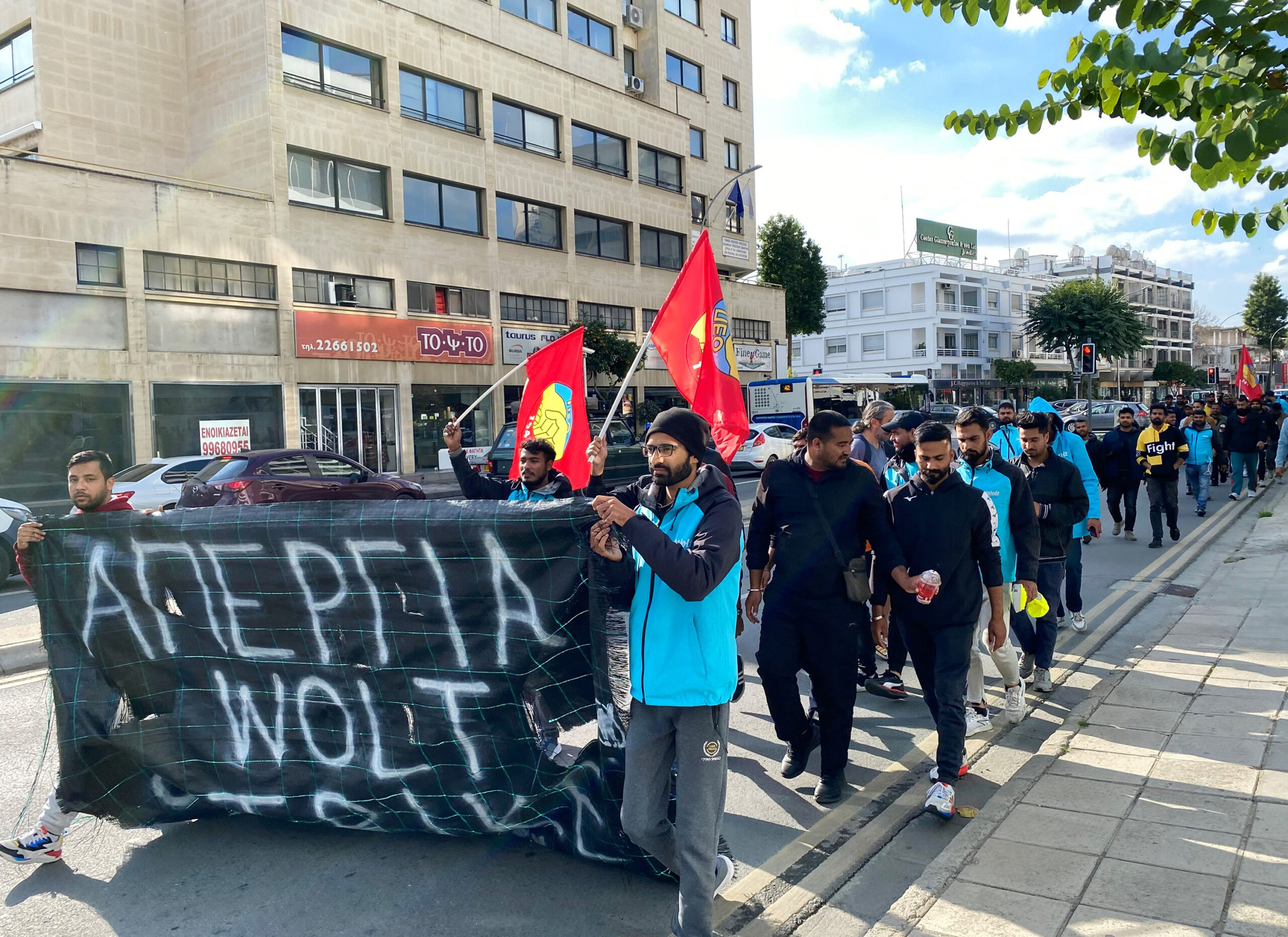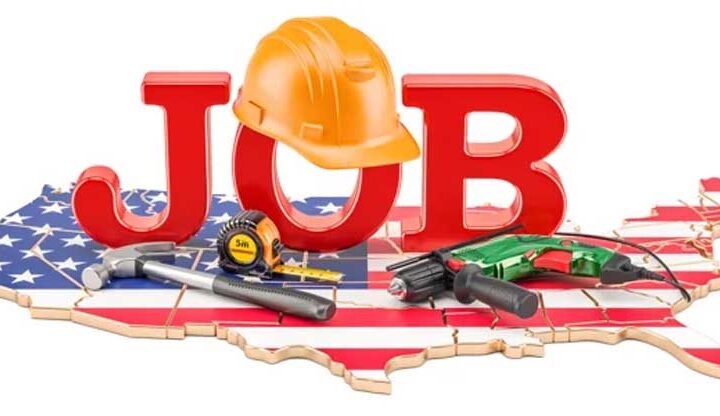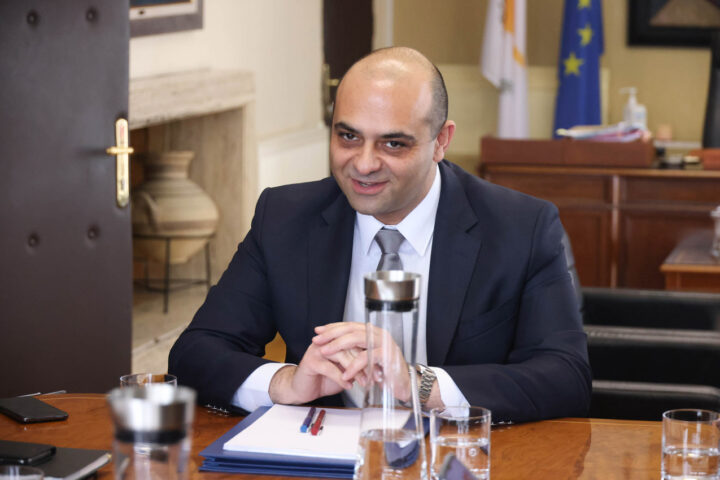After years of disagreements, heated debates and name-calling, the national minimum wage finally came into being on 1 January, ensuring an additional 40,000 workers in the private sector take home decent pay and are not abused by greedy employers.
According to the new regulations enshrined into law, the minimum salary for the first six months is set at €885 a month, rising to €940 in the first year and covering a wide spectrum of workers ignored by the system for too long.
This is truly a landmark decision.
Of course, every party will stake a claim to this success, from the government to trade unions and employer groups, saying they are all the true defenders of workers’ rights.
The problem was never one of economics.
It was simply a societal problem of tolerating the widening gap in pay for the privately employed and the wider public sector, including civil servants, whose benefits exceed what is written on their paycheques.
For too long, ordinary clerical staff, salespeople, factory hands and blue-collar workers were ignored and had no say, despite pledges of support from trade unions.
Many remained on the same income, unchanged for years, while others, under the guise of ‘casual labour’, were not allowed increases, similar to colleagues who are regarded as ‘permanent’ and have more rights.
However, as generous as the new decision is, to be reviewed every two years by a joint committee of all stakeholders, a significant portion of other labourers have been left out, which says a lot about Cyprus society’s so-called respect for others.
Those doing the dirtiest jobs, mainly Asian domestic workers who care for the senile grandparent or change their soiled clothes, are not allowed a minimum wage.
Their minimum wage falls below the poverty line.
Farmhands, mainly from neighbouring Middle Eastern countries, who work far longer than the eight-hour day and ensure we have milk and bread on our table, are often told, “you don’t like it, go back to your country” or “there are others who will do your work, without complaining.”
And, of course, the garbage collectors and many on construction sites have no voice.
What they have in common is that they are duped by the system, which forces them to contribute to the national social insurance fund, from which they will never see a cent added to their pensions unless they have worked and contributed in Cyprus for at least 15 years.
And we all know what obstacles are placed in their way to ensure these foreign workers leave by the fifth or tenth year.
Their social insurance contributions are added to the greater pot for everyone else to benefit.
The other large labour group excluded from the new national minimum wage is shipping, where most crews and deckhands are from southeast Asia or eastern Europe.
All this contributes to maintaining an image that Cyprus is not a worker-friendly economy, at least not for foreign workers we desperately need.
The only glimmer of hope came through the walk-out (they are not allowed to ‘strike’) of food delivery drivers last month who said “enough” and asked for better pay.
Gone are the days when a “benefit” is seen as being allowed hand-me-downs or the occasional party while cringing at the thought of buying a return ticket for the contracted workers to visit home now and then.
We should aspire to be than that.
Once we act more civil, others will take us more seriously and even show us respect.










